Description
Potential Benefits of Fennel
Supplement use should be individualized and vetted by a healthcare professional, such as a registered dietitian, pharmacist, or healthcare provider. No supplement is intended to treat, cure, or prevent disease.
Along with its nutritional benefits, fennel and fennel seeds may provide additional health benefits.
Fennel is known to contain a long list of nutrients and active ingredients. It is especially rich in antioxidants that are thought to help strengthen eyesight, treat glaucoma, reduce inflammation, and prevent such conditions as cancer and heart disease.4
However, few of the alleged health benefits of fennel are supported by scientific evidence.
What follows is an overview of some of the potential benefits of fennel.
Nutritional Benefits
Fennel and fennel seeds are a rich source of various nutrients, including antioxidants, unsaturated fatty acids, and amino acids.
Fennel seeds provide:6
- Protein
- Carbohydrates
- Saturated and unsaturated fatty acids
- Essential and nonessential amino acids
- Calcium
- Iron
- Magnesium
- Phosphorus
- Potassium
- Sodium
- Zinc
- Copper
- Manganese
- Vitamin C
- Thiamine
- Riboflavin
- Niacin
- Vitamin B6
- Vitamin A
Many of the nutrients found in fennel are essential nutrients, which means you need to consume them in varying amounts daily to maintain proper health. As such, fennel and fennel seeds are commonly used in cooking and baking.
The fruit or seeds of fennel may be dried before use and are described as both sweet and savoury. Other parts of the fennel plant, including the shoots, leaves, and stems, may be eaten raw or in other ways and provide nutritional benefits. Interestingly, fennel leaves contain the highest amount of omega-3 fatty acids.
Lactation
Research shows that fennel may be a galactagogue, a substance that increases breast milk supply.
The volatile oil of fennel seeds has been found to contain anethole (a phytoestrogen) and other bioactive ingredients that may improve certain aspects of lactation.
Some studies have linked fennel use to increased breast milk volume and fat content. Fennel supplementation while breastfeeding may also lead to infant weight gain.
Although fennel shows promise as a galactagogue, it’s important to note that many of the studies on this subject have been very small, of poor design, or performed on animals, not in humans. More research should be conducted for conclusions to be reached.
Digestive Disorders
Due to its anti-inflammatory properties, fennel has been used as a digestive aid for thousands of years.2
Laboratory research has shown fennel may indeed have a positive effect on digestive disorders like inflammatory bowel disease (IBD).
In one such study, fennel seed extract strengthened the intestinal epithelium (outer layer of tissue). These findings led researchers to believe that fennel could be a useful complementary and alternative medicine (CAM) therapy for IBD.
A noteworthy study out of China found that heating 500 grams (g) of fennel in the microwave, wrapping it in a towel, and placing it on the abdomen of postsurgical patients improved outcomes.
Compared to a control group, patients who received the heated fennel experienced significantly shorter times to the first bowel movement and passing gas, two important milestones in the recovery process following surgery.
Overall, however, there is a lack of research in this area, and more should be conducted to determine fennel’s potential role in digestive disorders.
Menopause Symptoms
Along with other herbs, fennel is thought to have a positive effect on various side effects of menopause,9 although some research results are mixed.
A small clinical trial found that topical fennel cream delayed vaginal atrophy (thinning, drying, and inflammation of the vaginal walls) in postmenopausal women.
In the study, participants used either a placebo (an intentionally ineffective treatment to act as a control group) or 5% fennel vaginal cream once a day for eight weeks. By the end of the study, those who used the fennel cream had significant increases in the number of vaginal superficial cells as well as improvements in vaginal pH, two factors that may cause dryness.
In another study, postmenopausal women who used 2 grams of fennel seed powder daily for eight weeks reported significant improvements in overall menopausal symptoms compared to a placebo.
Researchers from a third small study wanted to determine if fennel played a role in body composition changes that may occur along with menopause. However, no significant results were found, and fennel did not seem to affect body composition, including weight and body mass index (BMI), of postmenopausal women.
Dysmenorrhea
It has been suggested that fennel decreases pain and reduces inflammation, which may help with dysmenorrhea (painful menstruation).
According to one review, fennel was found to reduce the pain intensity of period cramps significantly compared to a placebo. This may be due to spasm-reducing (antispasmodic) and pain-reducing effects associated with the herb.13
Another review concluded that fennel may be as effective as conventional drugs in reducing dysmenorrhea. However, the review had several limitations, including a wide variation in the severity of reported period pain among study participants and the duration and dosage of fennel treatment.14
Additional research on this topic is needed before fennel can be recommended as a treatment option for dysmenorrhea.


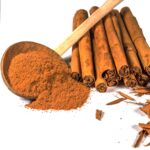
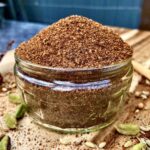
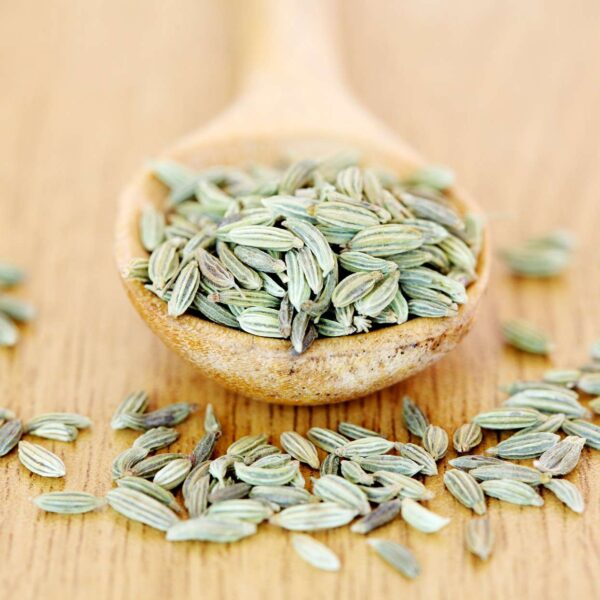
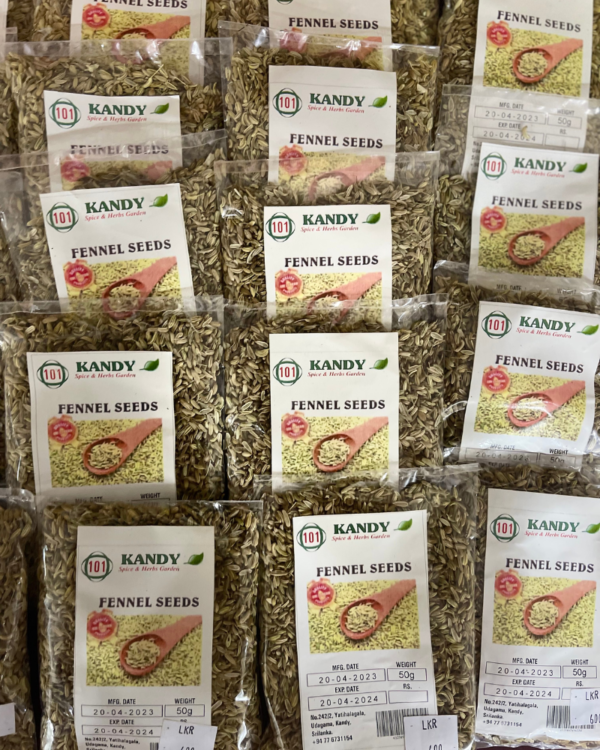
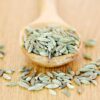
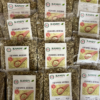
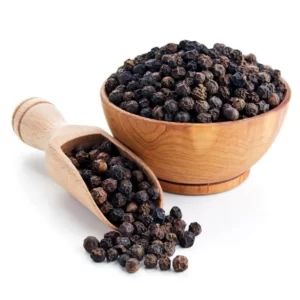
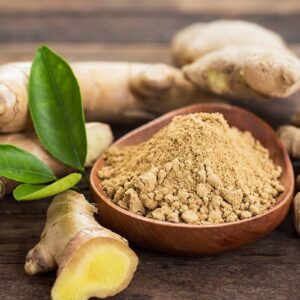
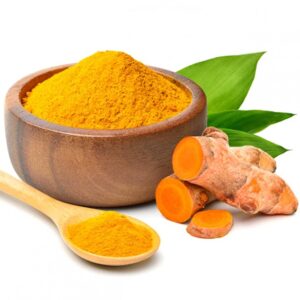
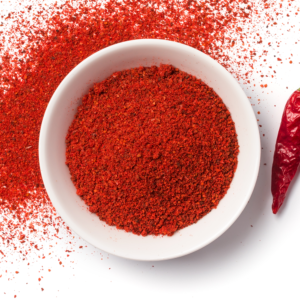
Reviews
There are no reviews yet.